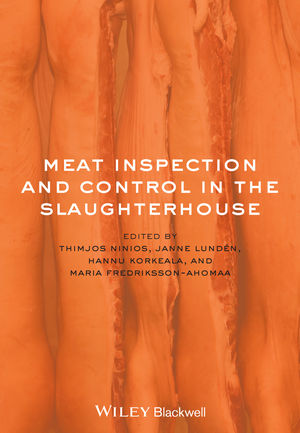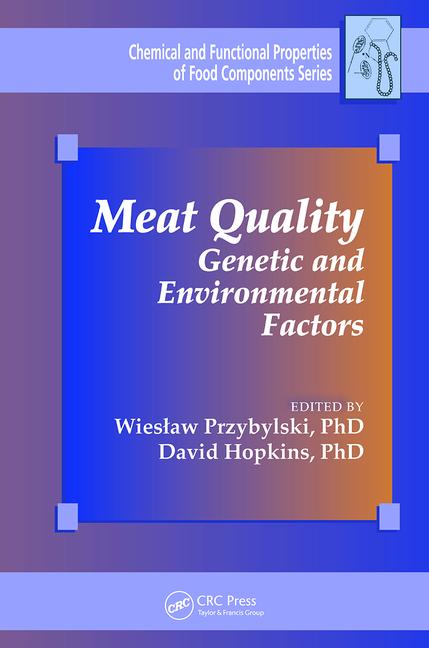Bipartisan legislation introduced to address “anti-competitive” practices in meat industry.

Senators Chuck Grassley (R-Iowa), Jon Tester (D-Mont.) and Mike Rounds (R-S.D.) have introduced new legislation that they say would address anticompetitive practices in the meat and poultry industries that threaten the nation’s food supply and national security following last week’s ransomware attack on JBS.
“Increased consolidation is driving concerns about competitive market access for Iowa livestock producers,” Grassley said. “The recent cyberattack added to existing vulnerabilities in our food supply chain, underscoring the importance of protecting the livelihoods of our family farmers. Food security is national security. This bill provides USDA with the necessary tools to beef up enforcement of the Packers and Stockyards Act, increase coordination with DOJ, FTC, and DHS and to foster a fair and functional marketplace for farmers and consumers alike.”
“For years, unfair, anticompetitive practices in the meat packing industry have hit Montana ranchers where it hurts the most—in the wallet—and put our rural communities and family agriculture way of life at risk.” Tester said. “On top of that, corporate consolidation is a direct threat to our national security, because a single cyber attack that threatens the very food we eat is proof that something must be done, and fast. That’s why this bill is so important—it devotes the needed tools to USDA to shore up our national security and address anticompetitive practices in the industry that threaten Montana ranchers and consumers.”
“Congress knew in 1921 what we know today – anticompetitive behavior in the meat packing industry hurts both consumers and producers,” Rounds said. “Unfortunately, packer concentration in the beef industry is more consolidated today than it was when the Packers and Stockyards Act was first signed into law 100 years ago. South Dakota cattle producers are going broke, while consumers are paying an over-inflated premium for beef at the grocery store. It’s long past time to address this problem. Our legislation strengthens USDA’s ability to investigate harmful anticompetitive behavior to apply the Packers and Stockyards Act as intended.
The Senators’ bill, the Meat Packing Special Investigator Act, would create the “Office of the Special Investigator for Competition Matters” within the U.S. Department of Agriculture’s (USDA) Packers and Stockyards Division.
The new USDA special investigator will have a team of investigators, with subpoena power, dedicated to preventing and addressing anticompetitive practices in the meat and poultry industries and enforcing our nation’s antitrust laws. They will coordinate and act in consultation with the Department of Justice and the Federal Trade Commission and create a new bridge between the USDA and the Department of Homeland Security to protect the continuation of the food supply and increase our national security. With a team of dedicated staff, the USDA will now have the ability to investigate the tough issues facing producers and hold bad actors accountable.
Groups in the meat industry spoke out about the new legislation.
United States Cattlemen’s Association Director Emeritus Leo McDonnell of Columbus, Montana issued the following statement: "This bill comes at a critical time for the U.S. cattle industry. To ensure a level playing field for U.S. cattle producers, we need a referee that can call foul on anticompetitive market practices.
"This bill directs coordination between the U.S. Department of Agriculture, the U.S. Department of Justice, the Federal Trade Commission, and the U.S. Department of Homeland Security. It grants subpoena power to aid in the investigation and prosecution of violators of the Packers & Stockyards Act, and bolsters the legal power of the USDA by maintaining a staff of attorneys and other professionals with relevant expertise that can elevate cases of corruption.”
The North American Meat Institute issued a statement from President/CEO Julie Anna Potts that read, “In the past, these sorts of proposals have been opposed by many livestock producers and Congress. In fact, the concepts embodied in these proposals have been rejected by eight federal appellate courts. They were a bad idea in 2010, they were a bad idea in 2016, and they are a bad idea in 2021. Should these proposals be implemented, they will limit producers’ ability to market their livestock the way they see fit and will lead to costly, specious lawsuits. The Meat Institute will continue to oppose unnecessary and burdensome government intervention in livestock markets.”
Source: Sen. Chuck Grassley, USCA, North American Meat Institute
Looking for a reprint of this article?
From high-res PDFs to custom plaques, order your copy today!









